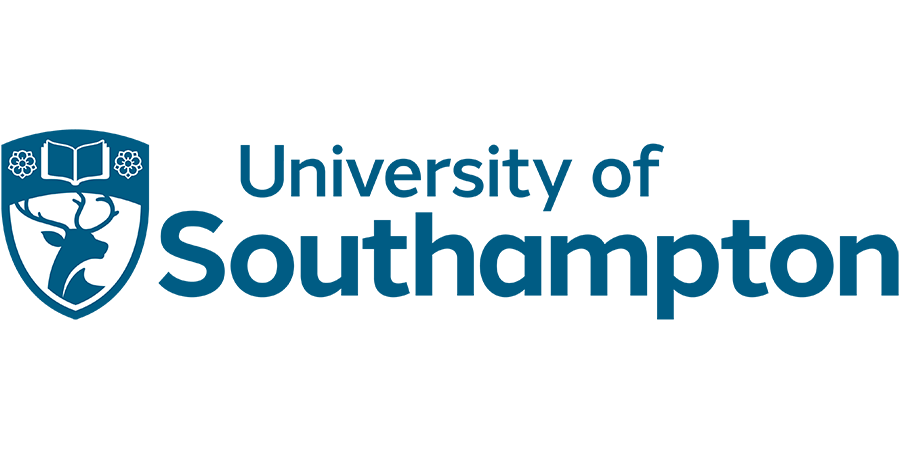PhD Studentship: Investigation of Non-thermal Plasma for CO2 Conversion in Space In-situ Resource Utilisation
University of Southampton - Faculty of Engineering and Physical Sciences
| Qualification Type: | PhD |
|---|---|
| Location: | Southampton |
| Funding for: | UK Students, EU Students, International Students |
| Funding amount: | We offer a range of funding opportunities for both UK and international students, including Bursaries and Scholarships |
| Hours: | Full Time |
| Placed On: | 23rd November 2024 |
|---|---|
| Closes: | 31st March 2025 |
Supervisory Team: Min Kwan Kim (80%) / Alexander Wittig (20%)
PhD Supervisor: Min Kwan Kim
Project description:
Water, oxygen, and fuel are essential resources for future human missions to Mars, crucial for sustaining astronaut life and ensuring a safe return journey to Earth. Given the 21-month duration of a typical Mars mission, carrying all the necessary supplies is impractical, and resupply missions are extremely costly.
In-situ resource utilisation (ISRU) is the most viable solution for long-duration crewed missions, enabling the production of vital resources like oxygen directly from the Martian atmosphere. Minimising the transport of water, oxygen, and fuel from Earth not only makes Mars exploration more affordable but also allows for more scientific equipment to be carried, facilitating unprecedented discoveries.
This PhD project will focus on the use of non-thermal plasma technology to convert Martian CO2 into oxygen. Unlike traditional methods like solid oxide electrolysis (SOE), which require high operational temperatures, non-thermal plasma processes can operate at lower temperatures and energy costs. This is achieved through direct electron impact and the transfer of electron energy into vibrational excitation, making plasma-based ISRU a key technology for sustaining human missions and long-term occupation on Mars. The potential applications of this technology also extend to Lunar exploration.
The research will delve into the effects of metal catalysis on plasma chemistry and CO2 dissociation, aiming to uncover the underlying mechanisms of plasma-driven CO2 conversion. The project will involve detailed simulations of plasma chemistry and reactor dynamics, as well as experimental testing of various plasma reactor configurations. By exploring different electrode geometries and catalytic materials, the research will evaluate their impact on CO2 conversion efficiency and overall plasma chemistry.
Building on previous work supported by the UK Space Agency in developing an all-in-one ISRU system and ESA-funded projects on non-thermal plasma technology (interestingengineering.com/health/infected-while-treated-no-more-thanks-to-adapted-space-technology), this PhD project aims to push the boundaries of what is possible in space exploration. The goal is to develop a novel, compact ISRU system that could revolutionise resource generation for future space missions
As a PhD candidate, you will be part of a world-leading research group at the forefront of plasma and space propulsion technologies. You will gain valuable experience in both theoretical and experimental aspects of plasma research, while also learning from industry partners and peers about the broader challenges in aerospace engineering.
Entry Requirements
A very good undergraduate degree (at least a UK 2:1 honours degree, or its international equivalent). in a relevant engineering discipline (Mechanical, Aerospace, Chemical, etc.) or Applied Mathematics
Funding: We offer a range of funding opportunities for both UK and international students, including Bursaries and Scholarships. For more information please visit PhD Scholarships | Doctoral College | University of Southampton Funding will be awarded on a rolling basis, so apply early for the best opportunity to be considered.
How to apply
Apply online by clicking the 'Apply' button, above.
Select programme type (Research), 2024/25, Faculty of Engineering and Physical Sciences, next page select “PhD Engineering & Environment (Full time)”.
In Section 2 of the application form you should insert the name of the supervisor Min Kwan Kim
Applications should include:
- Research Proposal
- Curriculum Vitae
- Two reference letters
- Degree Transcripts/Certificates to date
For further information please contact: feps-pgr-apply@soton.ac.uk
Advert information
Type / Role:
Subject Area(s):
Location(s):









